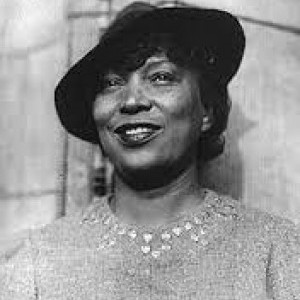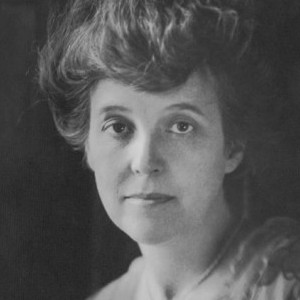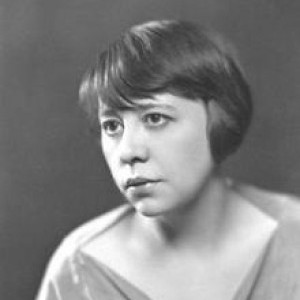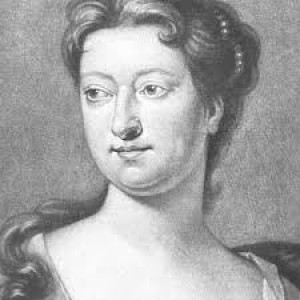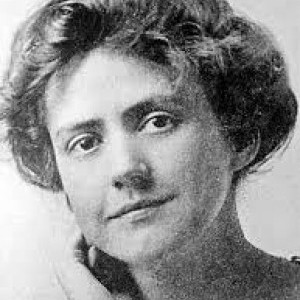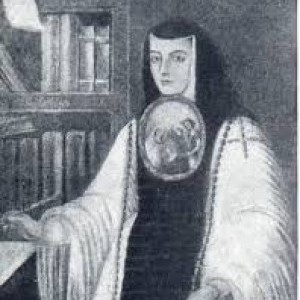Agatha Christie
Biography

Dame Agatha Christie (1890-1976) was born in Torquay, a seaside town in Devon England, and spend most of her childhood with her mother in their home called Ashfield. She did not have an extensive formal education. In her early education at home, her parents feared she may be developmentally challenged because of her shyness, though this faded as she showed a distinct curiosity and propensity for logic and music. In 1906, she was sent to a finishing school in Paris, where she studied piano and vocal music and could have developed a professional career in musical performance if it were not for her severe shyness. That shyness, however, would help drive her creative productivity in the following years.
Regarded as a charming young woman, she turned down many marriage proposals in her youth. It was not until 1912 that she accepted a marriage proposal, but broke it off the next year when she was swept off her feet by someone else, Captain Archibald Christie. She was married to him on Christmas Eve 1914. While he was away during World War I, she worked in a hospital pharmacy, a job that may have provided insights into the various poisons that were later featured in the mystery novels she began writing (and earned her first novel a review in the Pharmaceutical Journal for the quality of its poison depiction). In 1926, while Agatha was still coping with the loss of the mother who was so close to her, Archie informed her that he was in love with a co-worker, Nancy Neal. On the morning of Dec 4th, after a fight over this affair, Agatha’s car was found abandoned and Agatha missing. After extensive searching by the local authorities yielded nothing, Agatha turned up eleven days later in a spa hotel in Harrogate, where she had checked in under the name “Theresa Neale.” She was recognized by staff at the hotel, but she did not recognize Archie upon their reunion. Possibly concussed from a car accident, she claimed amnesia and never talked of the event to friends or family again. This event proves to be one of the more lurid moments in an otherwise quiet public life in which she sought to dispel public notoriety and communicate through her work. She and Archie were divorced in 1928.
In 1930, she married the archaeologist Max Mallowman with whom she enjoyed a long and happy marriage. Agatha and Max settled into a comfortable traveling routine, spending summers with her daughter, Rosalind, spring and fall on digs, and the rest of the time in London or their country house in Wallingford, Oxforshire. While she retained the name Agatha Christie for her novels, in private she was known as Mrs. Mallowman, and she eventually published her nonfiction account of their life on archaeological digs under the name “Agatha Christie Mallowman.”
Already established as a successful crime and mystery novelist, Christie tried her hand at writing plays with her first play, Black Coffee in 1930, though it wouldn’t be until the success of her second play, Ten Little Indians (also known as And Then There Were None) in 1940 that she found her stride as a playwright. She went on to write five more plays in the following years, publishing Appointment with Death (1945), Murder on the Nile (1946), Murder at the Vicarage (1949), The Hallow (1951), and The Mousetrap (1953), which would become her most successful play and the longest-running play in history—closing only once COVID-19 shut down theatres of the West End in March of 2020. During the 50s, she continued to write plays and be involved with their production, writing a total of nineteen plays to accompany her seventy-eight crime novels, approximately one-hundred fifty short stories, six “straight” novels, and four nonfiction books. For her contribution to literature, she was named a Commander of the British Empire in 1956 and a Dame of the British Empire in 1971. The premiere of the 1974 film Murder on the Orient Express was her final public appearance. She died in 1976 at her home in Wallingford, Berkshire.
Despite her wild popularity in her own life and enduring legacy as mystery novelist, playwright, archeologist, and non-fiction writer, Christie’s work has at times been met with criticism. Gillian Gill sums up the perception of some of her critics who claim she was a “conventional, old-fashioned, boring woman with nothing to say, so her books have commonly been referred to as badly written, stilted, stereotyped, and unaccountably slow to die a decent death.” But in order to appreciate her work, she points out “it is necessary to get past Agatha Christie’s complex and fascinating defenses and masks. Christie was not the simple or ordinary woman she claimed. Gifted with unusual energy, intellectual brilliance, and drive, full of sensual delight in the physical world, Christie was attractive, charming, and sociable, a passionate lover of men, a trustworthy friend of women” (Gill).
It has been suggested that Christie is the most prolific and widely read author of all time. Her books have sold more than two billion copies worldwide and been read in more languages than Shakespeare.
Sources
“About Agatha Christie.” The Home of Agatha Christie, www.agathachristie.com, Accessed 8 May 2020.
Bunson, Matthew. The Complete Christie: An Agatha Christie Encyclopedia. Gallery Books, 2000.
Cade, Jared, Agatha Christie and the Eleven Missing Days. Peter Owen, 1998
Christie, Agatha. An Autobiography. United Kingdom, William Morrow Paperbacks, 2010.
Gill, Gillian. Agatha Christie: The Woman and Her Mysteries. Pavilion Books, 2016.
Mallowan, Agatha Christie. Come, Tell Me How You Live: An Archaeological Memoir. William Morrow Paperbacks, 2012.
Morgan, Janet. Agatha Christie: A Biography. Harper Collins, 1985.
Thompson, Laura. Agatha Christie: A Mysterious Life. First Pegasus Books, 2018.



